“It is one of the most beautiful compensations of this life that no man can sincerely try to help another without helping himself.”
Ralph Waldo Emerson
This post is dedicated to the committed stakeholders I’ve worked with over the past year, who continue to inspire me to follow their example of helping others.
The season of giving has been upon us again, and some of you have probably been involved in your nonprofit’s own fundraising efforts. Recently I received a fundraising letter from my alma mater that really stayed with me, long after I put it down. The letter reminded me of evaluation and building relationships with those who have an important stake in our evaluations. Yes, as you have surmised, this post is not about financial giving. It is about building relationships with evaluation stakeholders, a lesson I continue to learn. These relationships are vital to crafting an evaluation that is meaningful and useful to your stakeholders. Here are some tips for building those relationships with evaluation stakeholders:
Tip 1: Find and learn from a “champion”.
The letter I received was from a well-known figure who has supported my alma mater in various ways, from speaking at graduation ceremonies to talking with students firsthand to learning about their experiences. Find a like-minded supporter who is a “gatekeeper” of the community—a leader who will champion the evaluation. A gatekeeper gives an evaluator an entrance into the community. This is my advice to fellow evaluators or those commissioning evaluations: Look out for and learn from (or urge your evaluator to do so) someone whom your stakeholders trust, respect, and talk about.
This might be someone who has had face-to-face contact with your stakeholders, and who has positively impacted them. Ask this person thoughtful questions to help you learn from their experiences. Some of my best meetings have been when I’ve learned something new by asking a question. A deeper understanding of the program being evaluated and the people being served establishes a strong base for the evaluation.
Recently, I was inspired by one such person, Dave Purdy, who won the trust of communities through his tireless dedication to the cause. Despite challenges, he drove long distances to get to know and serve people with Parkinson’s. One evaluation stakeholder summed up his description of this person’s accomplishments with these simple, yet meaningful words: “he’s just a great guy.”
Tip 2: Sit down face to face

There is nothing like a face to face talk. In this age of e-mail and social media, I’ve made the mistake of not recognizing the value of face-to-face meetings. But there is nothing like sitting down with people for a cup of coffee. Nothing can take the place of face-to-face time. Over time, all these interactions build up to help us get to know each other and gain trust. Especially since evaluation can make some feel threatened (for more information, please see a previous post, How to Address Others’ Fears about Program Evaluation), building trust equals building relationships with stakeholders.
Tip 3: Discuss mutual goals
The author of the fundraising letter shared a striking, specific, personal goal of his: that every alumnus from the class of 2012 to 1920, make a contribution. Use the face-to-face time to engage others in:
- Articulating mutually meaningful goals
- Thinking through goals
- Updating stakeholders on evaluation activities and considering the progress
- Revising those goals, as needed
It is especially vital to communicate evaluation goals with those commissioning your evaluation. It is so easy for evaluations to get derailed by competing needs and tangential directions. Re-visit goals during every meeting. Strong evaluations are focused. Carefully and mutually thought-out evaluation goals and objectives will help focus your evaluation while building relationships with your key stakeholders.
(To be continued…)
——————
For more resources, see our Library topic Nonprofit Capacity Building.
_____________________________________________________________________________
Priya Small has extensive experience in collaborative evaluation planning, instrument design, data collection, grant writing, and facilitation. Contact her at priyasusansmall@gmail.com. See her profile at http://www.linkedin.com/in/priyasmall/
 Sections of this topic
Sections of this topic















